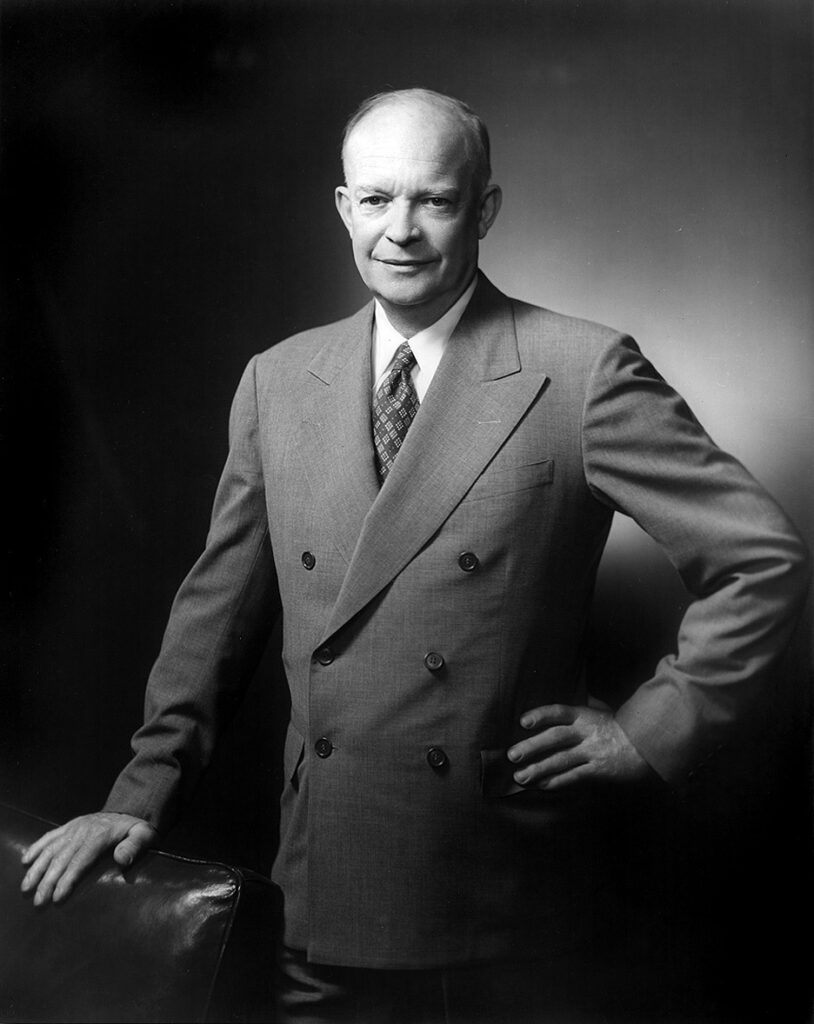
In 1953 President Eisenhower nominated Charles Wilson to be his Secretary of Defense. Wilson, then the President of General Motors, had overseen GM’s war production during World War II. During his confirmation hearings he was asked if he could make a decision that was bad for GM. His response is remembered as a classic example of arrogance – “What’s good for GM is good for America.”
However, that’s not exactly what he said.
Wilson said “For years I thought what was good for our country was good for General Motors, and vice versa.” Wilson understood that business can only flourish when the country does. (Gautam Makunda, Forbes, here and Robert Patterson, National Review, here.)
Wilson also agreed to sell his estimated $2.0 million in GM stock to avoid a conflict of interest, Automotive News, here. More recently, in 2018, Rex Tillerson was paid $180 million when he retired from Exxon Mobil to become Secretary of State. The payout was the value of shares in Exxon that he would have received between 2017 and 2027 had he retired and not taken a job in the Administration.
The Brundtland Commission defined “Sustainable Development” as “Development which meets the needs of the present generation without sacrificing the ability of future generations to meet their needs.” John Ehrenfeld defined Sustainability more elegantly as “Flourishing.” His books, Sustainability by Design, The Right Way to Flourish, and Flourishing; a Frank Conversation About Sustainability.